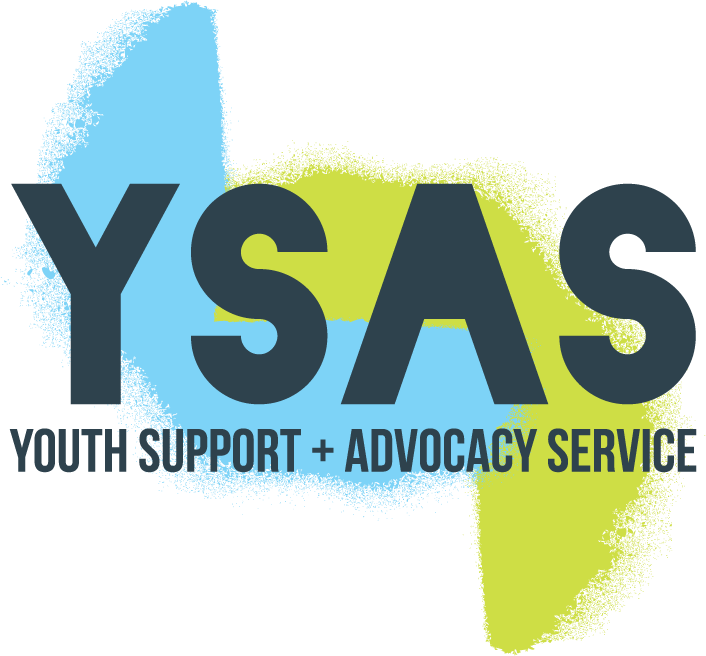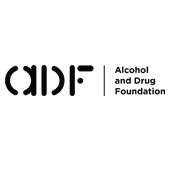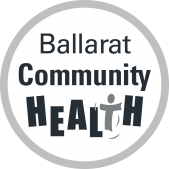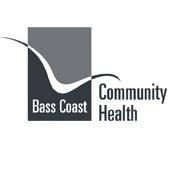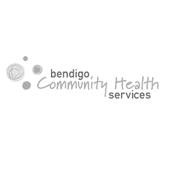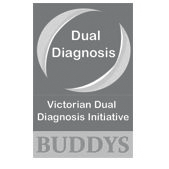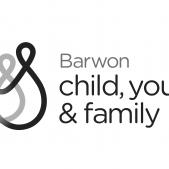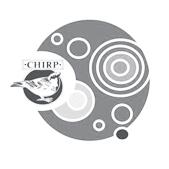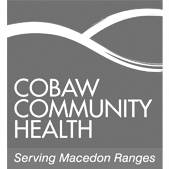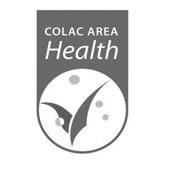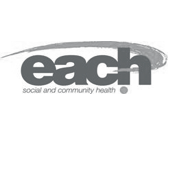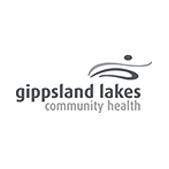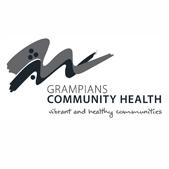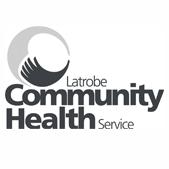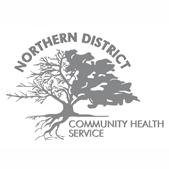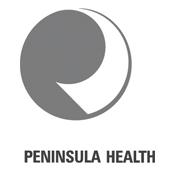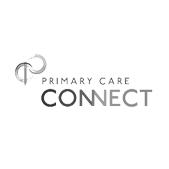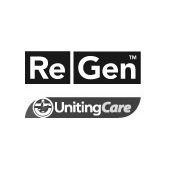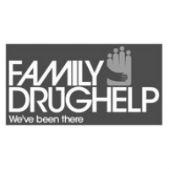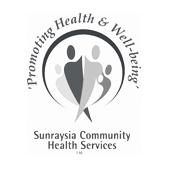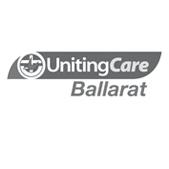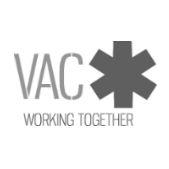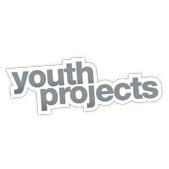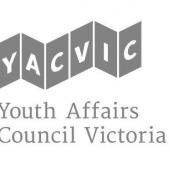Youth AOD Work
Talking About Trauma - Coping Strategies
You know a young person has experienced trauma and suspect their distress is contributing to substance use, but where to take the conversation from here?
Supporting a young person to identify their own coping strategies and reflecting on how these strategies have worked in the past and now, can help a young person plan for their future.
Here are some conversation starters that you may not have considered;
- How have alcohol and other drugs help you manage painful feelings or memories?
- Is there anything else that helps you calm down or relax?
- What gets in the way of you doing this more?
- If you can’t think of anything that relaxes you, would you like to work on some ideas together?
At the end of the day it’s rapport, empathy and relationship with the young person that will guide the conversation.
Any discussion alluding to past trauma has the potential to be distressing and should occur only if the young person feels safe and sure they want to 'go there.'
Re-framing substance use as a way to cope at a time of trauma and distress and encouraging a young person to imagine new ways of being are important strategies.
All information for this article has been taken with permission from VAADA's wallet-sized trauma prompt card ‘Useful Questions’
For more useful questions and information on where to source the prompt cards, contact VAADA. Also check out the Trauma Informed Care Module in the Youth AOD Toolbox.




